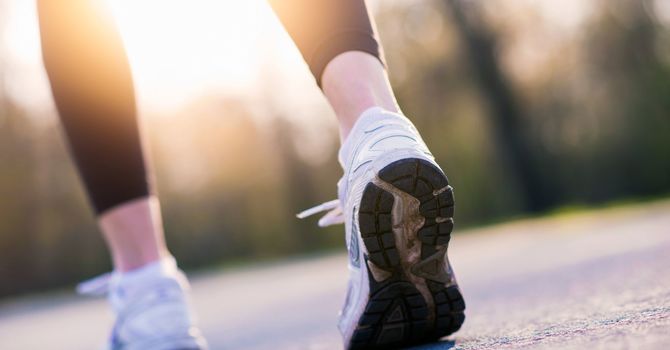How Treating My Sleep Apnea Significantly Reduced My Anxiety
I recently received a diagnosis that surprised me: obstructive sleep apnea. Like many people, I thought sleep apnea mostly affected older men who snore loudly or have significant weight issues. But here I was, learning that my disrupted sleep patterns, daytime fatigue, and even some of my anxiety might be linked to this under-recognized condition.
I have lived with anxiety for years—tension in my chest, a sense of unease, and irritability. I have done therapy, movement, trauma work, bodywork, mindfulness, and more to manage it, and while all of that helped, it felt like I was missing a piece of the puzzle.
Then came the diagnosis. A sleep study revealed I was experiencing multiple apneic events every hour—moments where I would stop breathing briefly while asleep. These interruptions prevented me from reaching the deep, restorative stages of sleep. And once I began using a CPAP machine, something amazing happened: my anxiety decreased more than I ever expected.
I was suddenly calmer during the day. My thoughts were less scattered, my body less tense. I didn't feel like I was "pushing through" the day anymore. It was as if my nervous system had taken a deep breath and finally relaxed.
The Link Between Sleep Apnea and Anxiety
What I experienced isn't unique. There's a growing body of research showing a clear connection between sleep apnea and anxiety. When our breathing is disrupted during sleep, our brains stay in a hypervigilant state, often without us realizing it. This can elevate cortisol levels, interfere with autonomic nervous system balance, and increase inflammation—all of which are linked to anxiety. I have had several blood tests with high cortisol and unexplained inflammation.
A 2023 study in Nature and Science of Sleep found that people with untreated obstructive sleep apnea were significantly more likely to experience symptoms of anxiety and depression, and that treatment with CPAP led to measurable improvements in both (Zhou et al., 2023). Another study in Frontiers in Psychiatry highlighted that sleep fragmentation and intermittent hypoxia—hallmarks of sleep apnea—can exacerbate mood disorders, especially anxiety (Garbarino et al., 2020).
For years, I treated my anxiety as if it were purely emotional, psychological or a symptom of trauma. Now I understand that part of what I was feeling was my brain and body reacting to chronic sleep deprivation and stress from oxygen deprivation at night. It’s not that sleep apnea caused all my anxiety, but it was a hidden contributor—and a treatable one.
Why This Matters
If you or someone you care about struggles with anxiety and also snores, wakes up gasping, or feels unrefreshed after sleep, it’s worth asking: Could sleep apnea be part of the picture?
Mental health is deeply interconnected with physical health. This experience reminded me that our bodies and minds are not separate, and sometimes the most powerful emotional shifts come from treating the physical conditions we didn’t even know we had.
Sources:
Zhou, L., Wang, Y., et al. (2023). Effects of Continuous Positive Airway Pressure on Anxiety and Depression in Patients With Obstructive Sleep Apnea: A Meta-Analysis. Nature and Science of Sleep, 15, 1095–1108. https://doi.org/10.2147/NSS.S413254
Garbarino, S., Scoditti, E., et al. (2020). Obstructive Sleep Apnea with or Without Excessive Daytime Sleepiness: Clinical and Experimental Data-Driven Phenotyping. Frontiers in Psychiatry, 11, 499. https://doi.org/10.3389/fpsyt.2020.00499

Danette Dollison-Johnson
Contact Me



